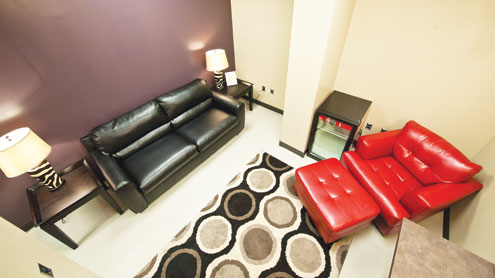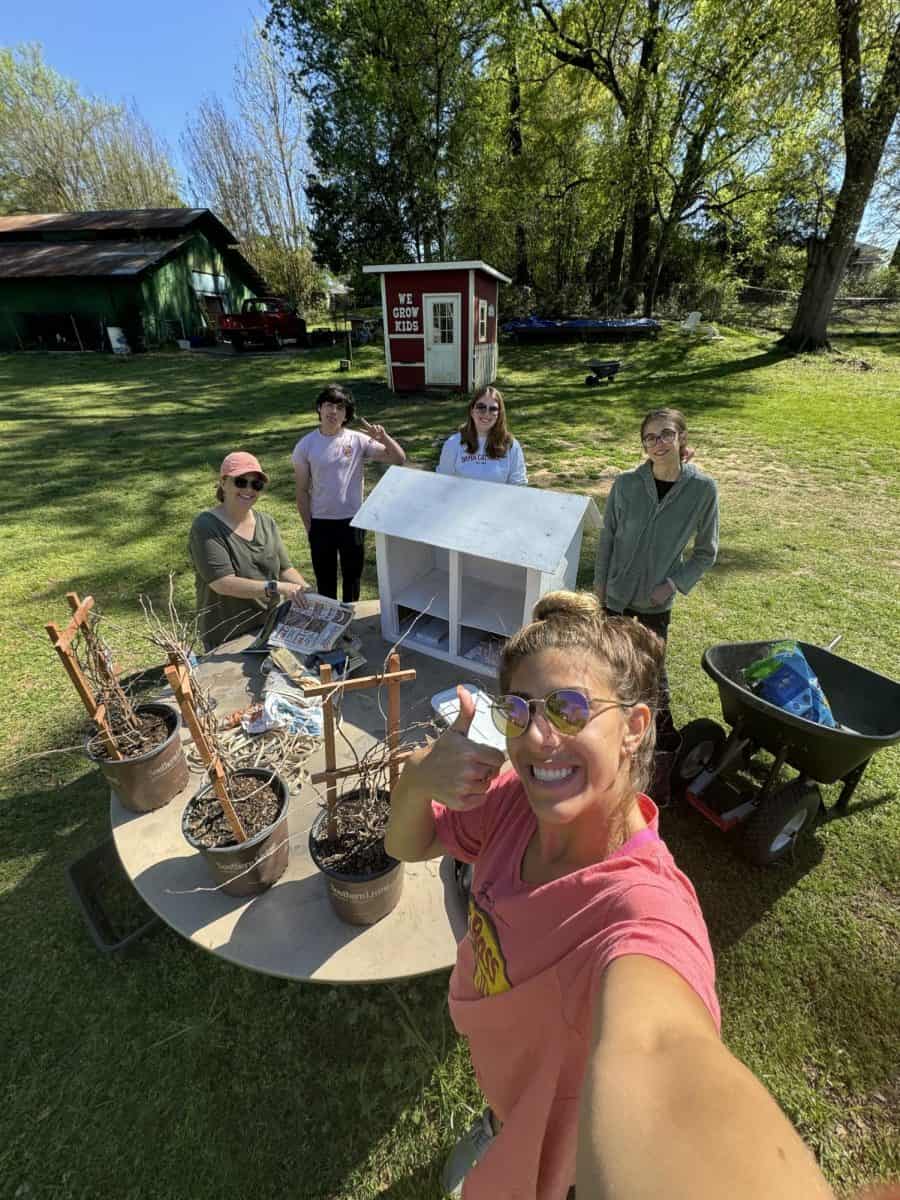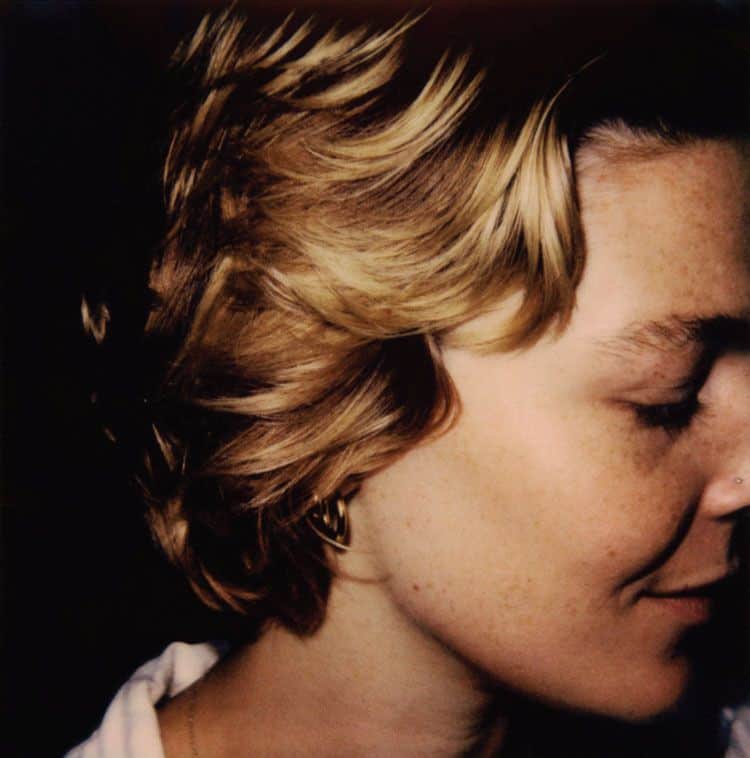In its first season, the Tuscaloosa Amphitheater hosted 17 concerts, with acts ranging from ZZ Top to “A Prairie Home Companion,” but all shows had one thing in common: each was run by three women.
Wendy Riggs, a grizzled veteran in theatre management with 30 years of showbiz behind her, got her hands on the city’s new venue last December when she moved from Las Vegas to her native Tuscaloosa.
As the director, she immediately started adding life to the new but empty venue. She furnished it with seats, trash cans, bike racks and office furniture. She put mirrors in the dressing rooms and locks on the doors. If a room was too small, she took out a wall.
“Basically, if you shook anything it would fall,” Riggs said.
Rigg’s assistant, Jesse Mizzel, 22, is razor-sharp and quick on her feet, but never thinks more than a day ahead. Mizzel’s boss at her first job was Riggs’s veterinarian, but Riggs said nothing about their relationship during the extensive interview process. She didn’t need to; Riggs said Mizzel was everyone’s first pick.
Box Office Manager Karen Williams, 28, falls somewhere between the battle-scarred showbiz veteran and the spunky youngster. She is somewhat soft-spoken but carries a certain professionalism from a career with the Birmingham Jefferson Convention Complex.
The three are responsible for everything involved in an event, from the first negotiations to the final strike, from security placement to a star’s latte. On the night of a show, the buck stops with them.
On show night Riggs is ruthless. She and Mizzel handle legions of artists, vendors, crew, security, production staff, bus drivers and 7500 patrons; facing every seating dispute, every security issue, every busted mic and drunk groupie; with nothing but a walkie-talkie, a handful of interns and fearsome will.
Williams is stuck in the front office, but that doesn’t mean she spends her time clipping tickets. The office has six phones, and they ring constantly – wave after wave of caterers, ushers, paramedics, delivery people, production agents, volunteer coordinators, and anyone remotely involved with the event.
“This is where everybody comes,” Karen explains.
The venue’s personnel grows from 3 to 400 in a matter of hours. It technically isn’t William’s job to coordinate them, but she’s usually the only staffer in the office, and somebody’s got to do it.
In fact, on show night, nothing is technically anybody’s job. Even the interns are trained like Swiss Army Knives, capable of rising to almost any task in a pinch.
“Improvisation is a big word around here,” Mizzel said. “We just make it work.”
The Amphitheater team has come a long way since its first weekend. Now, everyone gets an “event packet” that includes maps, scans of various tickets and wristbands and a master timeline.
“We don’t even have to talk,” Mizzel explains. “We just look at each other and know what needs to be done.”
But every show brings a new set of unknowns. A crowd is one of the toughest to account for. For “A Prairie Home Companion,” several patrons requested the venue’s hitherto unused hearing aids. Pretty Lights was full of drunks.
“It’s not us against them, it’s that you treat them like your kids,” Riggs said. “If they can’t walk when they try to come in, they ain’t getting in. It seems tough, but you have to make sure they’re safe.”
Backstage is an inner sanctum, off-limits to all but a chosen few. Riggs guards it like a bank vault.
“When you’re a star, you have no privacy. If you [cause them to] lose that privacy, you lose their respect,” she explains.
To Riggs, backstage is a star’s home for a day, and at home, what the artist says, goes, even if it means Mizzel has to run sound checks while Riggs finds someone to take Garrison Keillor’s dog for a walk.
One member of ZZ Top spent the day in flannel onesies.
“He just stayed in his pajamas all day ’cause this is home. He can do what he wants here,” Riggs said.
Riggs, Williams and Mizzel say their jobs are tough. A good plan on paper often amounts to an electrical storm of small crises. During back-to-back events, sometimes the team goes for days on an hour or two of sleep. One event left Riggs hospitalized for dehydration.
But Mizzel lives for it. She remembers a time during her first concert when Riggs took her into the spotlight tower.
“I saw all these people dancing and having a blast, and I teared up. I was like, ‘All this happened because we put it together.’ I’d never had that feeling before,” she said.
After the show, the staff of hundreds shrinks back to a handful. It was strange for Williams to switch from the bureaucratic BJCC to a place where the boss scrapes pigeon dung off the stage, but she said that’s exactly what makes the venue so dynamic.
“If they want to change something, it’s them,” she said.
In fact, Riggs said in performance-space lingo, the venue counts as a “shed.” Despite its VIP boxes, sprawling concession stands and 50-stall bathrooms, it’s philosophically no different than a metal shack at a county fare.
The season is over, but the team is keeping busy. Soon they’ll manage two more venues: the new Riverfront Market and Transportation Museum.
“I think the mayor said I was crazy,” said Riggs, who can’t wait for the next concert season.
“I get up every day, even if I’ve had an hour and a half of sleep, and I love what I’m doing.”







